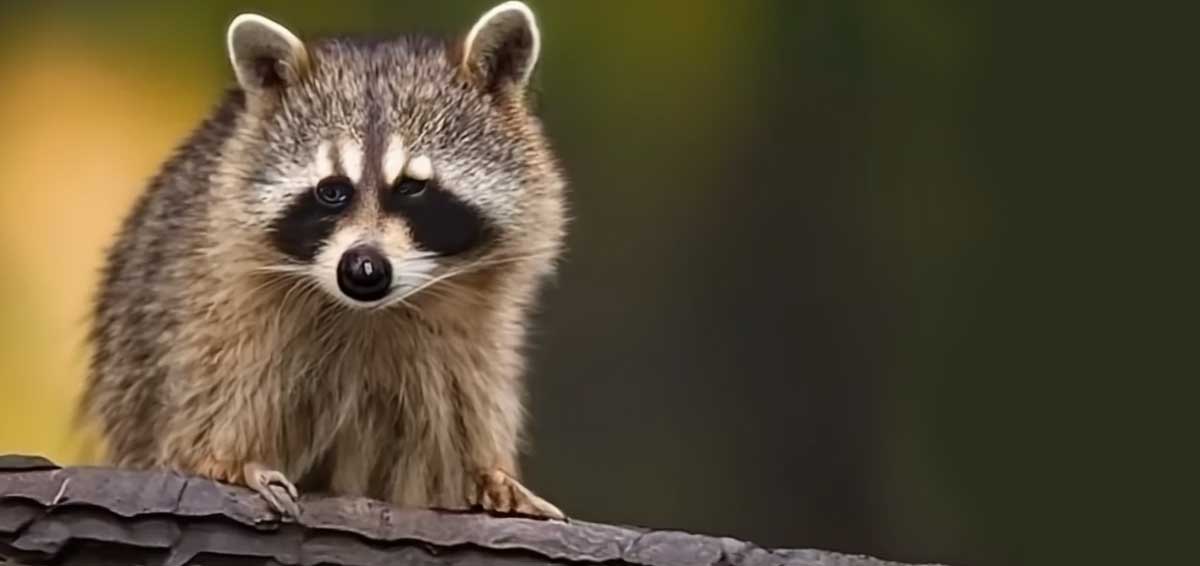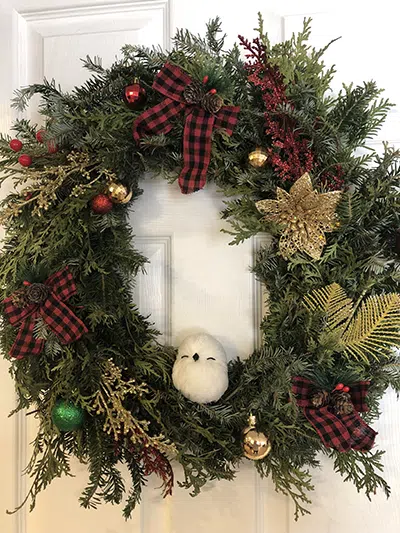Does a hot roof hurt raccoons?
A hot surface, such as a roof, is not likely to hurt a raccoon. While their paws are quite sensitive, they develop calluses very similar to dogs, cats, and even people. That’s how they are able to walk and run across sharp stones and gravel without flinching. Otherwise Doctors and Vet offices would be inundated with sore feet on us and our pets every summer. Yes, concrete and asphalt pavement can get very hot in the summer but wildlife as well as our pets usually have enough callus formation to prevent any injuries, unless they are still very young or are not used to walking on hard, rough, uneven surfaces.
Raccoon paws are very sensitive as their eye sight isn’t the greatest. They use their paws rather than their eyes to figure out what is in front of them by feel. They will pick up an object to feel it and smell it to find out if it’s edible or usable in some way. Raccoons also have a lot of callus build up on their paws because they quickly get used to walking on hard, rough, uneven surfaces, especially raccoons that live in cities where there is a lot of pavement that can get quite hot in warmer weather. When the footing is too hot they tend to stay off it and find an easier way through or around to get to their destination.

Raccoons are very adaptable and quite smart animals. They often make their home in someone else’s home. A raccoon will find a weak spot in your roof or soffit, under a deck or shed, or even a wall, and enlarge the opening to make coming and going easier. If that weak spot is on or near your roof you may have a new tenant and their family in your attic. Raccoons can climb very easily and any tree or large bushes near your roof will become their ladder. Crossing a hot roof is no problem - the callus build up on their feet allows them to walk or run across very hot surfaces. Raccoons are also able to carry their young when they need to move them.
Whether your roof is asphalt shingles or a steel, if they find access, raccoons will come.
If you have problems or even questions about raccoons or other furbearing nuisance animals on your property please contact HAWKEYE BIRD AND ANIMAL CONTROL. We have licensed trappers and follow all humane trapping laws. Did you know? - fur bearing animals must be trapped in certified humane traps; Traps must have water, food and shelter for the intended animal; Traps must be checked every 24 hours to see if there is a trapped animal; leaving an animal in a trap more than 24 hours is unlawful. All licensed trappers have an obligation to manage wildlife population, to support conservation, and to report animals that have been harvested for their fur. Trappers are also taught to reduce conflicts between humans and wildlife by removing and deterring problem animals. All of HAWKEYE'S BIRD AND ANIMAL CONTROL technicians are licensed trappers who can advise on any problem wildlife and humanely, lawfully remove nuisance animals from your property.















